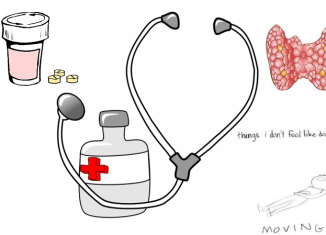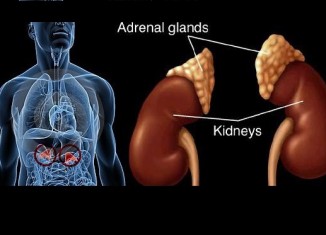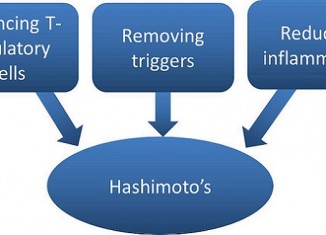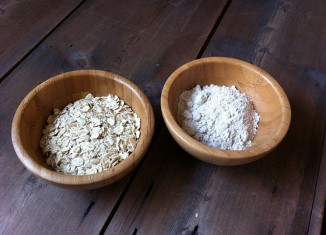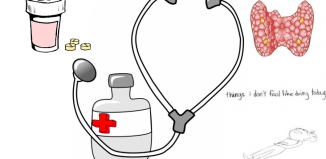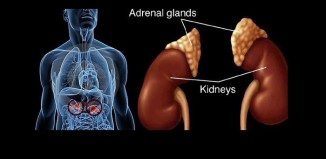I have been feeling sick for just about always. During the last 3-4 years I suffered more and more symptoms, my energy was drastically decreasing and I felt more and more depressed. Nothing could make my day anymore. I felt so scared, I’ve had no idea what was going on with my body. Sometimes, I was even thinking that I had some badass cancer and my end was close. The diagnosis was a relief. I have celiac diseases and I can’t eat gluten till the end of my life but I won’t be feeling sick to the bone all the time anymore and, most important, I am going to live! As long as I follow the gluten free diet (according to all sources I read) I can restore my health. I feel lucky, things could be way worse.
What is Celiac Sprue
Celiac disease (coeliac; or in Dutch ‘coeliaki’) is an autoimmune disorder, a condition in which the body’s immune system attacks its own cells and tissues. All it takes to develop the celiac is to be genetically predisposed. In the Netherlands the celiac disease seems to affect already 1 in 100-150 persons.
The disease can activate regardless the age and it is a chronic condition. The only known effective treatment in celiac disease is a lifelong gluten free diet (gluten free diet basics). The exact triggers to develop celiac are still unknown, but experts believe that times of extreme emotional or physical stress, health issues, and too high gluten levels in the modern diet or other environmental factors (like pesticides or heavy metals) can set the stage.
Fig 1-4
The main characteristic of the celiac disease is an abnormality in the lining of the small intestine (fig 1) – the part of digestive tract connecting the stomach with the large intestine. Normally, the lining of the small intestine consists of tiny finger-like tissues called villi (fig 2). Consumption of gluten, though, leads to a reaction in the small intestine upon which the immune system causes inflammation and damages the intestinal villi (fig 3). We have villi to increase the surface area of the intestine. Besides, the villi contain specialized cells that transport substances into the bloodstream. In other words, we need villi to absorb nutrients from our food; otherwise nutrients just pass through the digestive track and we develop malnutrition. The vitamins and minerals normally absorbed in the small intestine are necessary for many important body functions (fig 4) and their lack causes other serious conditions like e.g. osteoporosis, rickets, neuropathy, diabetes (ref), depression, infertility, anemia or even lymphoma.
But that is not all. The vitamin D3 and the incredibly important brain hormone (neurotransmitter) Serotonin are produced in the intestinal villi. Serotonin is responsible for well-being and happiness. Approximately 90% of the serotonin is located in the intestinal tract, where it is used to regulate intestinal movements. Besides, Serotonin regulate mood, appetite, and sleep. It also has some cognitive functions, like our memory and learning ability. Vitamin D, which is normally produced in healthy intestine, is required for healthy bones. Lack of this vitamin is linked to depression, joints pain, muscle pain, chronic fatigue but also cancer! Each person diagnosed with cancer has extremely low vitamin D level.
Common nutrient deficiencies
Minerals
- Calcium
- Copper
- Iron
- Magnesium
- Phosphorus
- Potassium
- Selenium
- Zinc
Vitamins
- Vitamin A (retinol, retinal, and retinoic acid)
- Vitamin D (calciferol)
- Vitamin E (alpha-tocopherol)
- Vitamin K (phylloquinone, menadione)
- Vitamin C (ascorbic acid)
- Vitamin B1 (thiamine)
- Vitamin B2 (riboflavin)
- Vitamin B3 (niacin or niacinamide)
- Vitamin B6 (pyridoxine, pyridoxal, or pyridoxamine, or pyridoxine hydrochloride)
- Vitamin B9 (folic acid)
- Vitamin B12 (cobalamins)

